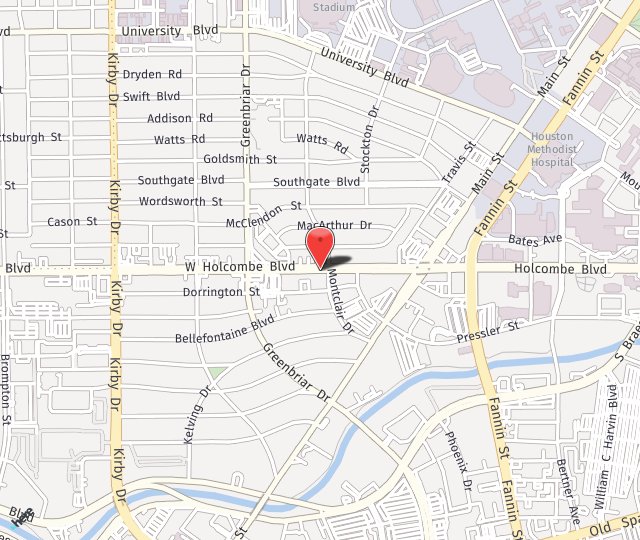About Broken and Worn Teeth
Our teeth can withstand the repeated pressure of chewing, day after day, year after year, for most of our lives. Well-maintained, the enamel of our teeth is typically strong enough to last through a normal lifetime. Some broken teeth are due to hereditary weak enamel or abuse of teeth (like using them as a bottle opener), but in many cases broken and worn teeth are due to malocclusion, part of TMJ, which forces them to put unusual strains on one another.
If you have noticed that your teeth no longer fit together the way they used to and that they seem to be wearing down, or have one or more broken teeth as a result of chewing, TMJ may be to blame. A neuromuscular dentist goes beyond just fixing the immediate tooth issue to prevent future wear and broken teeth. To learn more, please call 713-668-2289 or email Houston neuromuscular dentist Dr. Ronald Konig today.
Well-Designed Machine
If you have ever seen a cogwork mechanism in cartoons, you have seen how they ideally fit together, the teeth of each gear slipping between those of the other. Ideally, your teeth should do the same, fitting together easily without causing one another any stress, and allowing them the completely compress food between them.
But if you have malocclusion, your teeth do not fit together well. Instead of pushing down on food when you chew, some of your teeth are pushing down on each other. This causes the hard enamel of the opposing teeth to wear down. It also puts adverse forces on the opposing teeth, which may cause them to move even further out of alignment. As the enamel becomes worn, it grows thinner and weaker, and sometimes the force of biting down is so great, it may lead to one or more broken teeth.
Dentistry Can Be the Cause
In most cases, seeing your dentist is the best way to prevent dental problems, but sometimes unskilled dental treatment can cause more problems than it fixes. If you have a crown or a filling put in that doesn’t properly mesh with the opposing tooth, it can lead to increased wear not just there, but sometimes in other places in the mouth as well.
If you have noticed increase tooth pain, jaw clicking, or tooth wear after dental treatment, talk to your dentist about it, and, if he or she cannot fix your problem, schedule a consultation with an experienced neuromuscular dentist to be evaluated for potential TMJ.
Tuning the Machine
Neuromuscular dentistry goes beyond just looking at individual problems like a cavity or a worn part of a tooth. Instead, neuromuscular dentistry focuses on making all the systems of your mouth, including the hard and soft tissues, work together harmoniously for your dental health and general well-being.
If you have noticed uneven wear on your teeth or have suffered one or more broken teeth, you may benefit from neuromuscular dentistry. Please call 713-668-2289 or email Houston neuromuscular dentist Dr. Ronald Konig today for a consultation. Serving the areas of The Woodlands, Houston, Katy, and Sugar Land, Texas.

